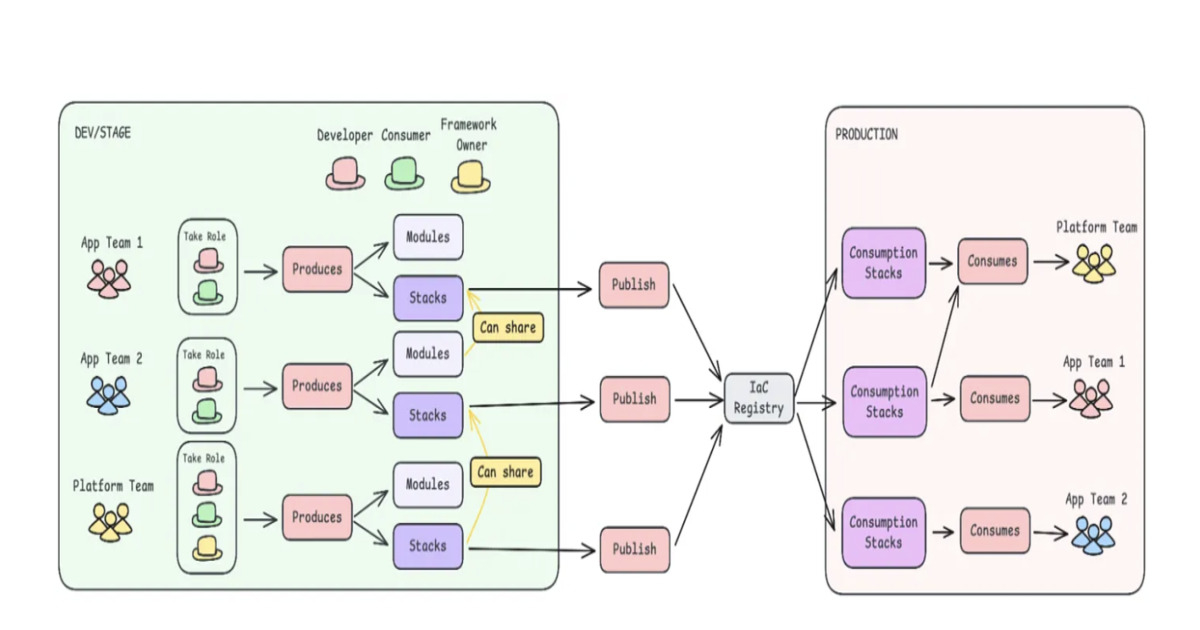Codetown
Codetown ::: a software developer's community
I was chatting with Henry Story, creator of Babelfish, the translation engine, just after he presented his current work at the Social Web Barcamp conference in Paris, France. He directed me to his talk about the state of the Semantic Web, http://blogs.sun.com/bblfish/entry/camping_and_hacking_at_har2009 and suggested I view the video online of his talk using Firefox 3.5. The one I am referring to is the first of the 4 on his blog post. What's interesting is that you don't even see these .ogg format videos using another browser than Firefox 3.5, for example Camino on the Mac doesn't render these videos visible at all!
As an aside, Henry points out the Barcamp guidelines, which we'll follow at the upcoming OrlandoJUG meeting Thursday:
* Everybody is a participant
* You make the event
* Feel free to move between sessions if you feel you are not getting what you were looking for at one of them
* Write up your interests on the black board, this will be used to create the time table.
So the sessions were put together on the spot there and then. That seems "hard" but in my experience it's always a great time, and so much better than the norm.
His mention of Metcalfe's Law was an interesting sidenote. He discussed with me the idea of using FOAF + SSL as a single point of entry and signup for a social network. I'm just beginning to understand what he's talking about, and it's phenomenal! Have any of you explored the possibilities of the Friend of a Friend project and possibly used it on a website? Let's discuss...
Tags:
Replies to This Discussion
-
Permalink Reply by Carol McDonald on September 23, 2009 at 11:03am
-
using metadata about users on the web has been in discussion for ~ 10 yrs. FOAF is interesting but I think whoever gets the most users will get the most developers, like the Facebook api or googles open social.
http://www.softwaredeveloper.com/features/welcome-to-opensocial-040... -
-
Permalink Reply by Carol McDonald on September 25, 2009 at 11:53am
-
I worked for years on implementing OSI's protocols for X.400 email , X.500 directory, CMIP network managment. X.400 was eventually replaced by SMTP not because SMTP was a better protocol , but because more people were using it. What I learned about standards... the ones that succeed are the ones that have the widest implementation and use.
-
-
Permalink Reply by Carol McDonald on September 25, 2009 at 11:54am
-
ADA is another example, remember that
-
-
Permalink Reply by Michael Levin on September 25, 2009 at 12:09pm
-
What's ADA, Carol?
Carol McDonald said:ADA is another example, remember that -
Notes
Welcome to Codetown!
 Codetown is a social network. It's got blogs, forums, groups, personal pages and more! You might think of Codetown as a funky camper van with lots of compartments for your stuff and a great multimedia system, too! Best of all, Codetown has room for all of your friends.
Codetown is a social network. It's got blogs, forums, groups, personal pages and more! You might think of Codetown as a funky camper van with lots of compartments for your stuff and a great multimedia system, too! Best of all, Codetown has room for all of your friends.
Created by Michael Levin Dec 18, 2008 at 6:56pm. Last updated by Michael Levin May 4, 2018.
Looking for Jobs or Staff?
Check out the Codetown Jobs group.
InfoQ Reading List
From Central Control to Team Autonomy: Rethinking Infrastructure Delivery

Adidas engineers describe shifting from a centralized Infrastructure-as-Code model to a decentralized one. Five teams autonomously deployed over 81 new infrastructure stacks in two months, using layered IaC modules, automated pipelines, and shared frameworks. The redesign illustrates how to scale infrastructure delivery while maintaining governance at scale.
By Leela KumiliGoogle Publishes Scaling Principles for Agentic Architectures

Researchers from Google and MIT published a paper describing a predictive framework for scaling multi-agent systems. The framework shows that there is a tool-coordination trade-off and it can be used to select an optimal agentic architecture for a given task.
By Anthony AlfordGoogle Cloud Brings Full OpenTelemetry Support to Cloud Monitoring Metrics

Google Cloud recently unveiled broad support for the OpenTelemetry Protocol (OTLP) in Cloud Monitoring, marking a step toward unifying telemetry collection across its observability stack.
By Craig RisiAWS Launches Agent Plugins to Automate Cloud Deployment

AWS launched Agent Plugins for AWS, providing AI coding agents with specialized deployment skills. The initial deploy-on-aws plugin transforms workflows by accepting commands like "deploy to AWS" and generating complete pipelines with architecture recommendations, cost estimates, and infrastructure code. Supported in Claude Code and Cursor, AWS claims 10-minute deployments versus hours manually.
By Steef-Jan WiggersGoogle Enhances Node Pool Auto-Creation Speed for GKE Clusters

Google Cloud has optimised GKE's node pool auto-creation, significantly cutting "Time to Ready" for massive clusters. By improving control plane communication and request batching, GKE now provisions resources faster, rivalling tools like Karpenter. The update enhances scaling reliability and stability for high-volume AI and batch workloads, automatically rolling out across supported versions.
By Mark Silvester
© 2026 Created by Michael Levin.
Powered by
![]()